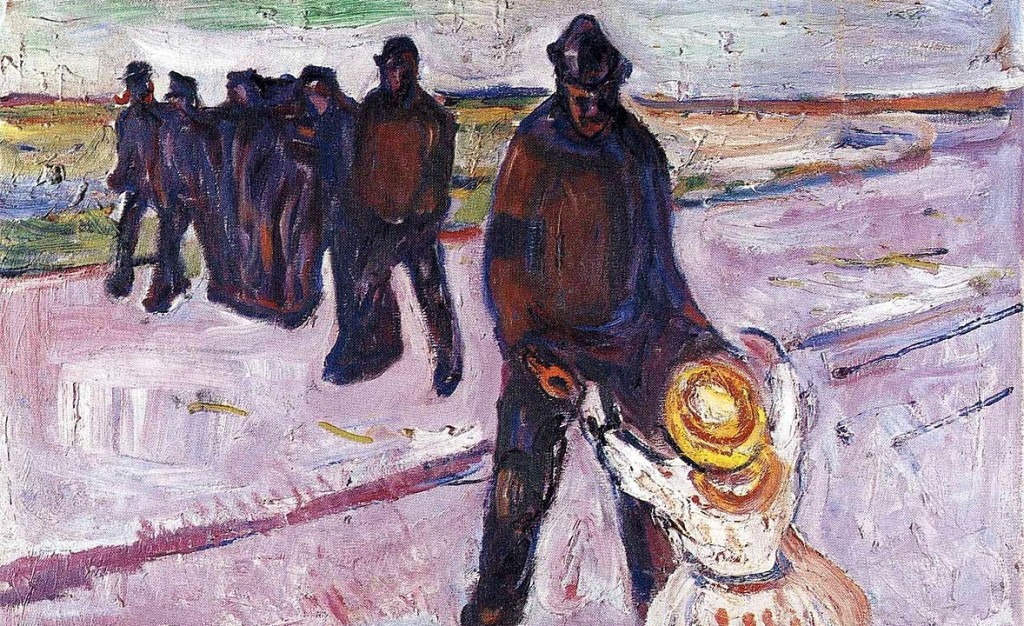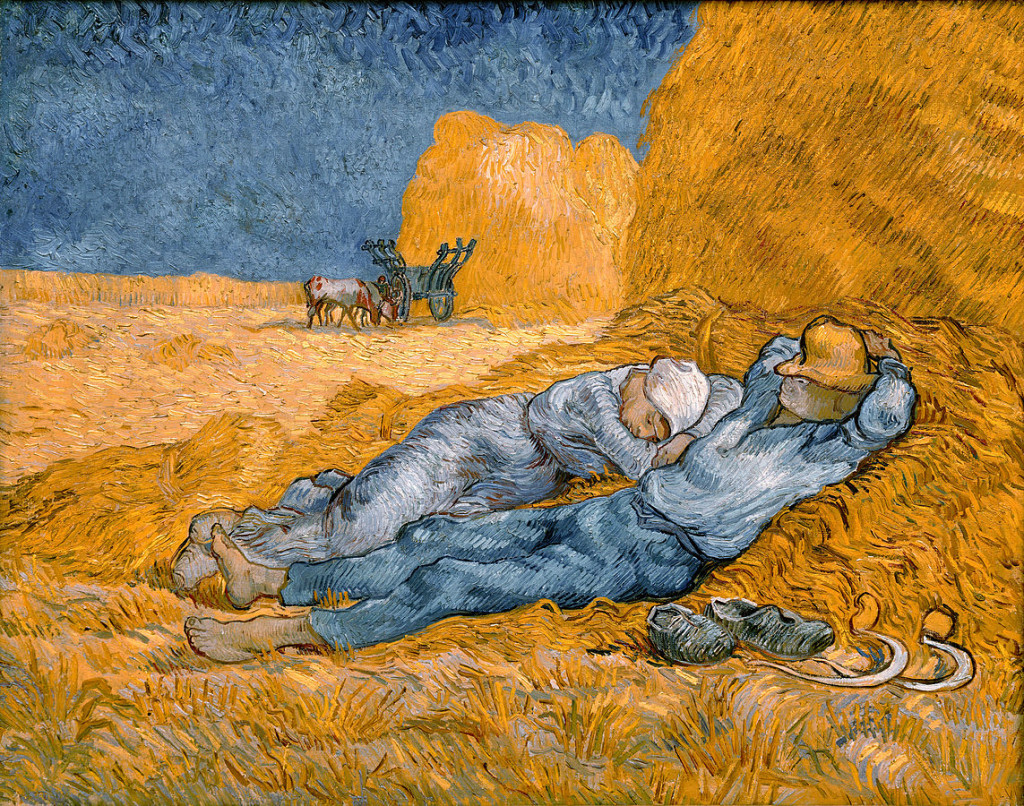
Facilitating Access to Regulated Professions: Effective Assistance for Ukrainian Citizens and Polish Economy
The special purpose law on assistance to citizens of Ukraine in connection with the armed conflict on the territory of Ukraine should take into account the demand for recognition of a significant range of professional qualifications acquired in Ukraine.



![[PUBLICATION] Teachers’ Pay with Sober Head [PUBLICATION] Teachers’ Pay with Sober Head](https://4liberty.eu/phidroav/2021/02/800px-Winslow_Homer_-_The_Country_School.jpg)






